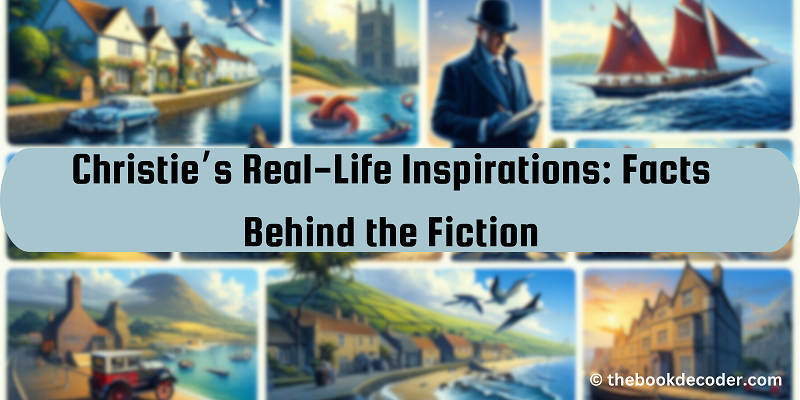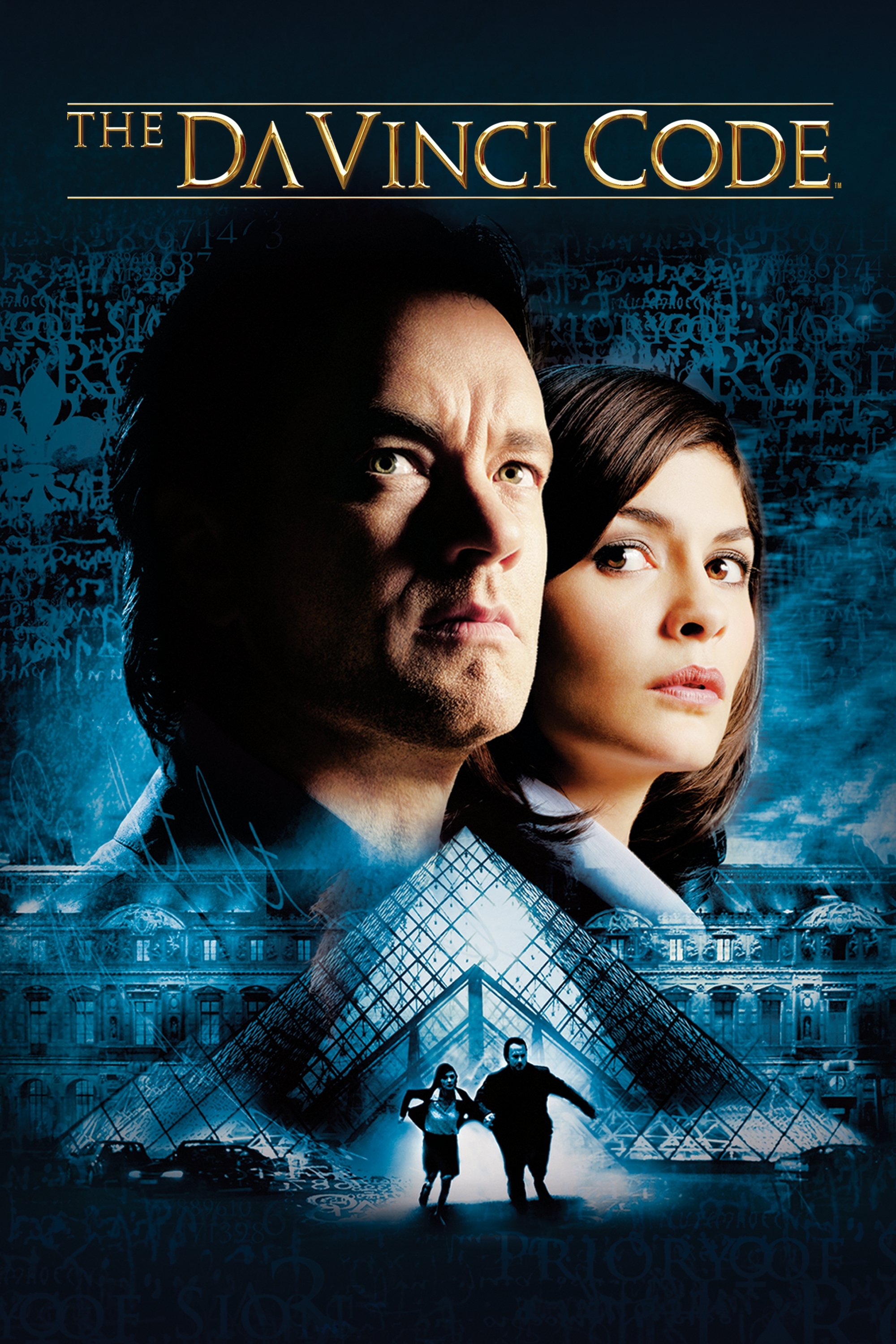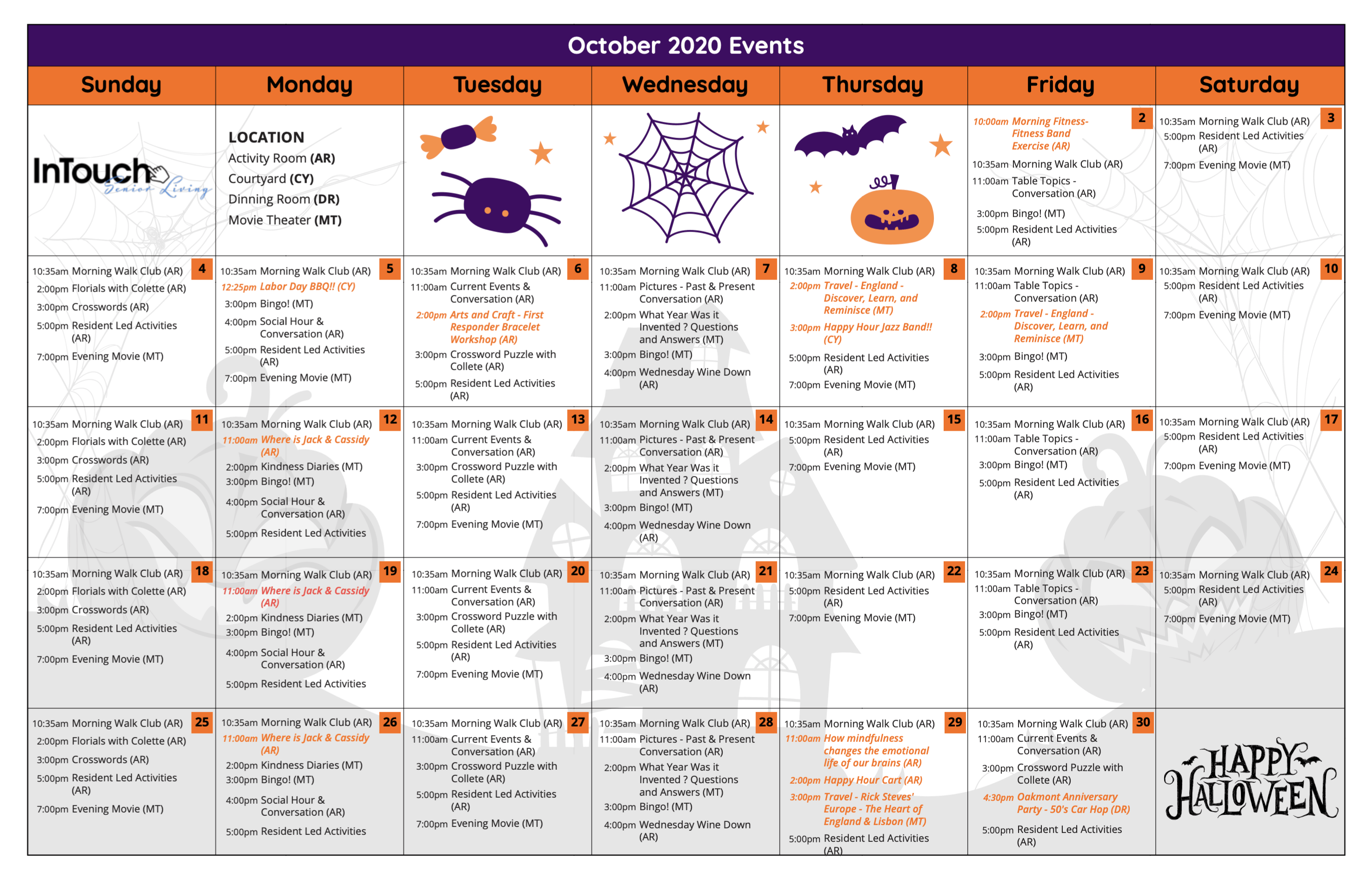Gatsby's Real-Life Inspirations: Exploring The Men Who Shaped Fitzgerald's Masterpiece

Table of Contents
The Prototype: Examining the Life and Legacy of Jay Gatsby's Creator, F. Scott Fitzgerald
To understand Gatsby, we must first understand Fitzgerald. His own life, brimming with ambition, romance, and ultimately, tragedy, deeply resonates with the novel's core themes. Fitzgerald's experiences served as a powerful wellspring for Gatsby's character and narrative.
Fitzgerald's Personal Experiences:
Fitzgerald's life mirrors Gatsby's in several key ways:
- His tumultuous relationship with Zelda Sayre: Their passionate yet fraught courtship and marriage directly parallel Gatsby's obsessive pursuit of Daisy Buchanan. The societal barriers, the relentless pursuit of wealth and status to win her hand, and the ultimate disappointment echo throughout both lives and the novel.
- Immersion in the wealthy elite: Fitzgerald's close observation of the wealthy and powerful during the Jazz Age, their lavish lifestyles, and their inherent contradictions provided rich material for The Great Gatsby. He witnessed firsthand the superficiality and moral ambiguities that underpinned this world.
- His personal struggles with ambition and societal expectations: Fitzgerald, like Gatsby, craved acceptance within high society, a desire constantly at odds with his own artistic temperament and financial insecurities. This internal conflict finds powerful expression in Gatsby's character.
Fitzgerald's Literary Influences:
Beyond personal experiences, Fitzgerald's literary influences likely contributed to Gatsby's creation. While no single source definitively "is" Gatsby, certain works and authors resonate with the novel's themes and style:
- Romantic poets: The idealized love and yearning evident in Gatsby's character might be linked to the romantic tradition in literature.
- Victorian novels: The exploration of social class and the complexities of human relationships likely drew inspiration from Victorian-era novelists.
- Modernist literature: The experimental narrative techniques and themes of disillusionment were characteristic of the modernist movement, impacting Fitzgerald's style.
The Real-Life Gatsbys: Identifying Potential Models for Fitzgerald's Iconic Character
While Fitzgerald's life undoubtedly shaped The Great Gatsby, several real-life figures may have served as direct inspirations for Gatsby's persona.
Max Gerlach:
One prominent candidate is Max Gerlach, a flamboyant and wealthy figure known for his extravagant parties and somewhat mysterious origins. The parallels between Gerlach and Gatsby are striking:
- Lavish parties and social standing: Both hosted lavish parties attended by the elite, creating an aura of mystery and opulence.
- Mysterious origins and wealth: Both men possessed wealth whose source remained somewhat shrouded in secrecy, adding to their allure.
- Similarities in their romantic pursuits: Both pursued women from higher social circles, facing obstacles in their relentless pursuit of love.
Other Potential Inspirations:
Beyond Gerlach, other individuals from Fitzgerald's social circles likely contributed to Gatsby’s composite nature. This includes:
- Bootleggers: The illegal activities that fueled Gatsby's wealth could be linked to the numerous bootleggers who thrived during Prohibition.
- Social climbers: Many individuals in Fitzgerald's circles aspired to rise in social status, mirroring Gatsby's relentless pursuit of acceptance among the wealthy elite.
- Wealthy individuals of the era: Fitzgerald interacted with numerous wealthy individuals, and their lives and personalities may have influenced various aspects of Gatsby's character.
The Composite Nature of Gatsby:
It's crucial to understand that Gatsby isn't simply a direct copy of one person. Instead, he's a composite character, a blend of observations, experiences, and imaginative invention. This multifaceted nature adds to his complexity and enduring appeal.
The Enduring Legacy: How Real-Life Inspirations Shape Our Understanding of Gatsby
The ambiguity surrounding Gatsby’s origins is a significant part of the novel's lasting power.
The Power of the Myth:
The mystery surrounding Gatsby's past and the origins of his wealth enhance the novel's mythical quality. This ambiguity allows readers to project their own interpretations onto the character, making him a timeless figure.
Gatsby's Relevance Today:
The Great Gatsby continues to resonate with modern audiences because its themes of wealth, ambition, and the elusive American Dream remain profoundly relevant:
- The pursuit of the American Dream: Gatsby's relentless pursuit of wealth and status still speaks to the enduring allure and potential pitfalls of the American Dream.
- Social class and inequality: The novel's exploration of social class and the stark inequalities of the Jazz Age remains highly pertinent in contemporary society.
- The complexities of love and loss: Gatsby's tragic love story continues to capture readers' imaginations, resonating with universal experiences of longing, disappointment, and the search for belonging.
Adaptations in modern film, television, and other media further demonstrate Gatsby's continued relevance, ensuring that his story continues to inspire and intrigue new generations.
Conclusion: Delving Deeper into Gatsby's Real-Life Inspirations
In conclusion, understanding Gatsby's real-life inspirations offers a richer appreciation for Fitzgerald's masterpiece. By examining the lives of figures like Max Gerlach and reflecting on Fitzgerald's own experiences, we gain a deeper understanding of the complex interplay between fact and fiction that shaped this iconic character. Gatsby remains a potent symbol, a product of both Fitzgerald's imagination and the vibrant, complex reality of the Jazz Age. To fully appreciate The Great Gatsby, we encourage you to delve deeper into the life of F. Scott Fitzgerald and the historical context of the Roaring Twenties. Re-read the novel with this new perspective, or research the individuals mentioned in this article – you'll discover even more layers to Gatsby's enduring allure and the intricacies of Gatsby's real-life inspirations.

Featured Posts
-
 Doom The Dark Ages Price Drop 17 Discount
May 13, 2025
Doom The Dark Ages Price Drop 17 Discount
May 13, 2025 -
 Byds Rise In Brazil As Fords Influence Wanes Can Chinese Evs Dominate
May 13, 2025
Byds Rise In Brazil As Fords Influence Wanes Can Chinese Evs Dominate
May 13, 2025 -
 Exploring Dan Browns The Da Vinci Code Plot Characters And Legacy
May 13, 2025
Exploring Dan Browns The Da Vinci Code Plot Characters And Legacy
May 13, 2025 -
 Pelajaran Dari Sby Menangani Konflik Myanmar Dengan Bijak
May 13, 2025
Pelajaran Dari Sby Menangani Konflik Myanmar Dengan Bijak
May 13, 2025 -
 Senior Travel And Activity Calendar Events And Excursions
May 13, 2025
Senior Travel And Activity Calendar Events And Excursions
May 13, 2025
